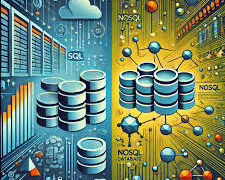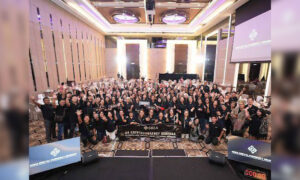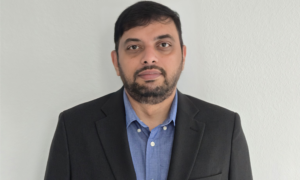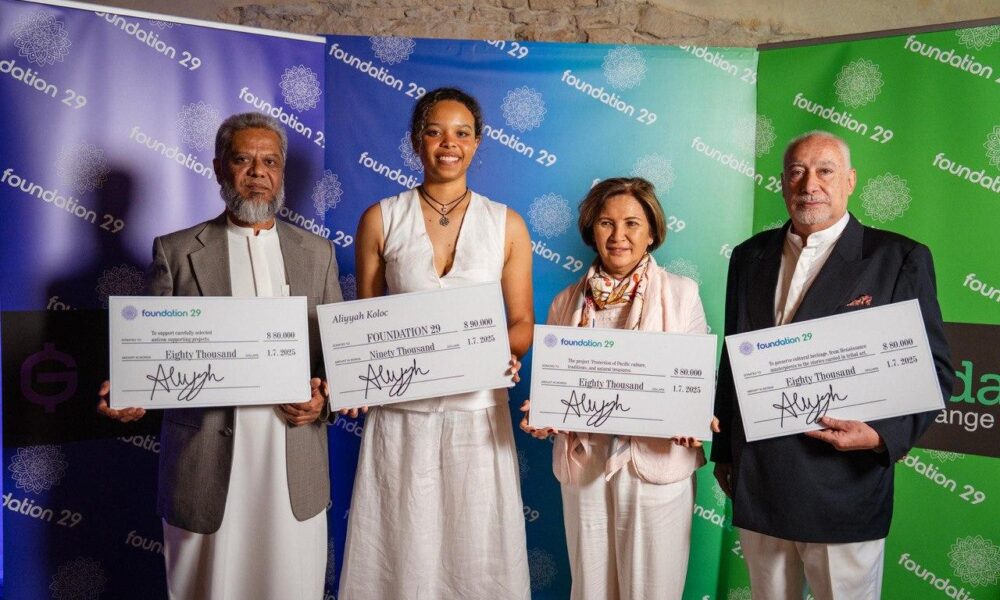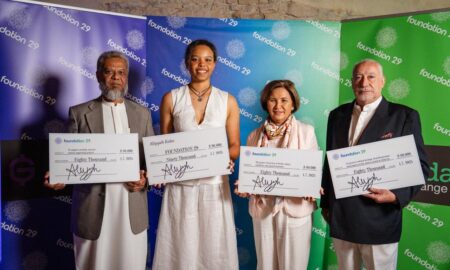Try to imagine…
It’s a beautiful sunny day. Many families have taken advantage of it to visit the park with their children, who are running along the tree-lined paths and enthusiastically using the specially designed playground equipment. Parents share in their joy: at the playground, the whole family can consider itself in celebration.
But your child is sitting next to you. They get your attention and, with big eyes filled with wonder, whisper, ‘Mom (or Dad), why can’t I play?’
You’ve raised them with all the love that you, as a parent, could ever offer, but there’s a shadow casting a pall over the atmosphere: the little one has a physical disability that prevents them from joining in with others and sharing in the play.
You swallow hard and reflect on how difficult it is for you to explain these things to them. And the silence lingers.
The differences among children
This is the reality that a family with a disabled child faces every day. A family that would like to enjoy a moment of peace, spending the afternoon at the park together. A more than human desire…
But even in a recreational space designed for children, it is rare that the necessary measures have been taken to truly include them all. Those unlucky ones burdened with physical or cognitive suffering and disabilities are all too often left out.
The result is a suffocating veil of sadness that weighs on the entire family, deprived of a play space where they can nurture affection and happiness in being together.
And the child will grow up missing a piece of childhood, the part that should belong to everyone.
It’s the dark side of our world – the one that chooses who can have fun and who cannot.
The possibility of progress
If we want to avoid this unnecessary and unjust suffering, we must promote change, which translates into the modernization of our parks.
It involves taking a strong ethical and pro-inclusion direction, returning moments of happiness to those who too often have to do without them.
It means restoring recreational spaces to a universal significance, a possibility that every child should have access to. It means sparing them from small, humiliating experiences like being excluded by their peers… who find themselves observing differences they are still too young to understand, but which we adults should encourage their benevolent acceptance of, teaching them love.
The Impact of division on Children
The future starts right here, in how our children will feel when in contact with each other, without perceiving differences that divide them.
They are like sponges, absorbing the details and information from the environment in which they grow, and turning them into a filter for judicious interpretation.
Having them live in a world where a part of them is isolated in a corner means limiting their social and emotional growth, creating ghettos, unacknowledged diversity, and humiliations.
Inclusion that Embraces Everyone
Today, numerous families and organizations are making efforts to celebrate the childhood of children with disabilities.
Thanks to these efforts, inclusive playgrounds equipped with the necessary equipment to entertain everyone are emerging, which do not distinguish between disabled and non-disabled individuals.
Currently, it is reported that a small percentage of playgrounds are accessible to everyone.
They are still few, still too few – but it is an important step, brought about by a minority of people determined to attribute value and meaning to childhood. A childhood to protect, a childhood to invest generously in.
Small and big details make these fertile islands of integration shine. Sometimes it really takes very little…Something like a swing suitable for a wheelchair, next to a swing for able-bodied children, to make a child’s eyes light up as they regain the opportunity to feel like a child and play with others.
And furthermore: tactile paths and sensory panels for visually impaired children; access ramps and games that can be used while seated.
These areas take pride in their accessibility, making small but caring changes with a special focus on the less fortunate.
Finally, this slice of childhood is also garnering more interest from people and organizations, as well as from manufacturing companies like Giochi Park, one of the Italian companies specializing in creating inclusive playground equipment.
Inclusion as a sign of Civilization
It is also in these considerations that one can see how far the civilization of a country and its people extends: in the way it plans and implements facilitations, support, and incentives that can enhance diversity.
We hope that the increase in inclusion in playgrounds can continue, benefiting everyone, regardless of the physical and cognitive abilities of those who simply want to have fun.
For play spaces without barriers, where our children can look at each other, have fun togetherand discover themselves as similar, not different.
Because we have learned to love our childhood, and we wish the same for every child born into this world.
Read More From Techbullion




